Rocco DiSpirito Didn't Cook in a Restaurant for 25 Years. Here's Why He Returned.
)
Rocco DiSpirito is cooking me dinner at the Standard Grill in Manhattan, and first out of the kitchen is a strangely delicious cracker (Roccos Game Changing Toast), full of seeds and topped with salmon .
Theres a mountain of raw seafood: oysters, chunks of tuna tossed with golden osetra caviar, and a tiny bay scallop in its shell with uni and tomato water. There are three courses of marinated, skewered, charcoal-grilled things, like teeny-tiny squid, and external.
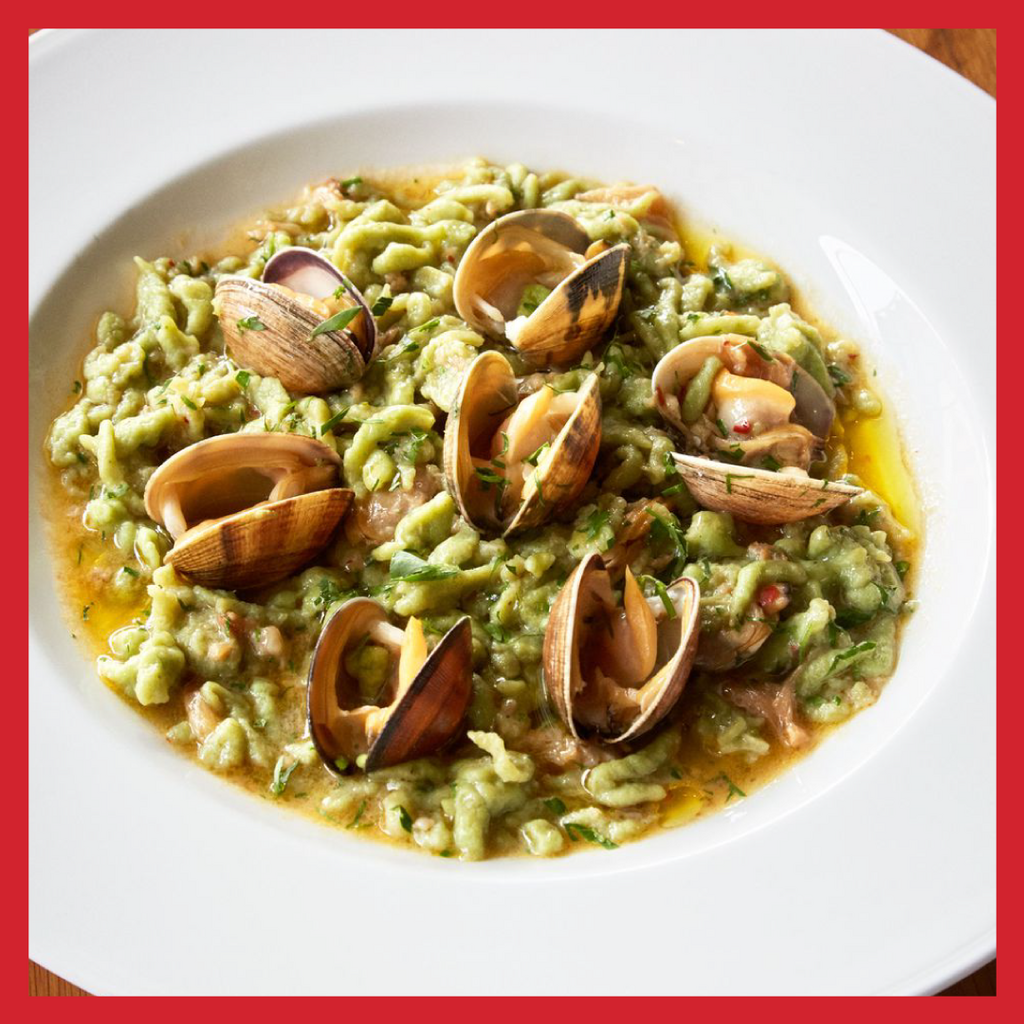
We couldve stopped right there. But then comes a risotto full of truffles and the reddest shrimp Ive ever seen, followed by short ribs that have been poached in a plastic bag for exactly three days, then smoked and served to us, still bright red inside, tender, but with the flavor of barbecued brisket. I take the short-rib bone and a couple of scraps home to cook beans with, its so good.
It was one of the more remarkable meals Ive had lately, which is all the more remarkable because my first meeting with DiSpirito a few days prior was so unremarkable.
I visited the Standard an hour before dinner service, thinking that we would chat, maybe cook together a little, and then chat some more while I watched him plate.
But frankly, it was weird. We talked and I recorded, but he seemed a bit wary of me, and I didnt get a whole lot more than the press release about why he wants to cook healthy food.
DiSpirito seemed to downplay his incredible, varied, and at times curious career.
I think people are trying to figure out a way to make my return a bigger story, he told me. I had a restaurant, I did TV, I wrote books. Now Im doing a restaurant again. Its pretty basic math, right?
Maybe to DiSpirito its basic math.
To the rest of us-to anyone whos had a career that snaked and twisted-its more like advanced calculus. Why would someone who has had enormous success, his legacy and retirement already well taken care of, return to sweat and toil in the trenches night after night?
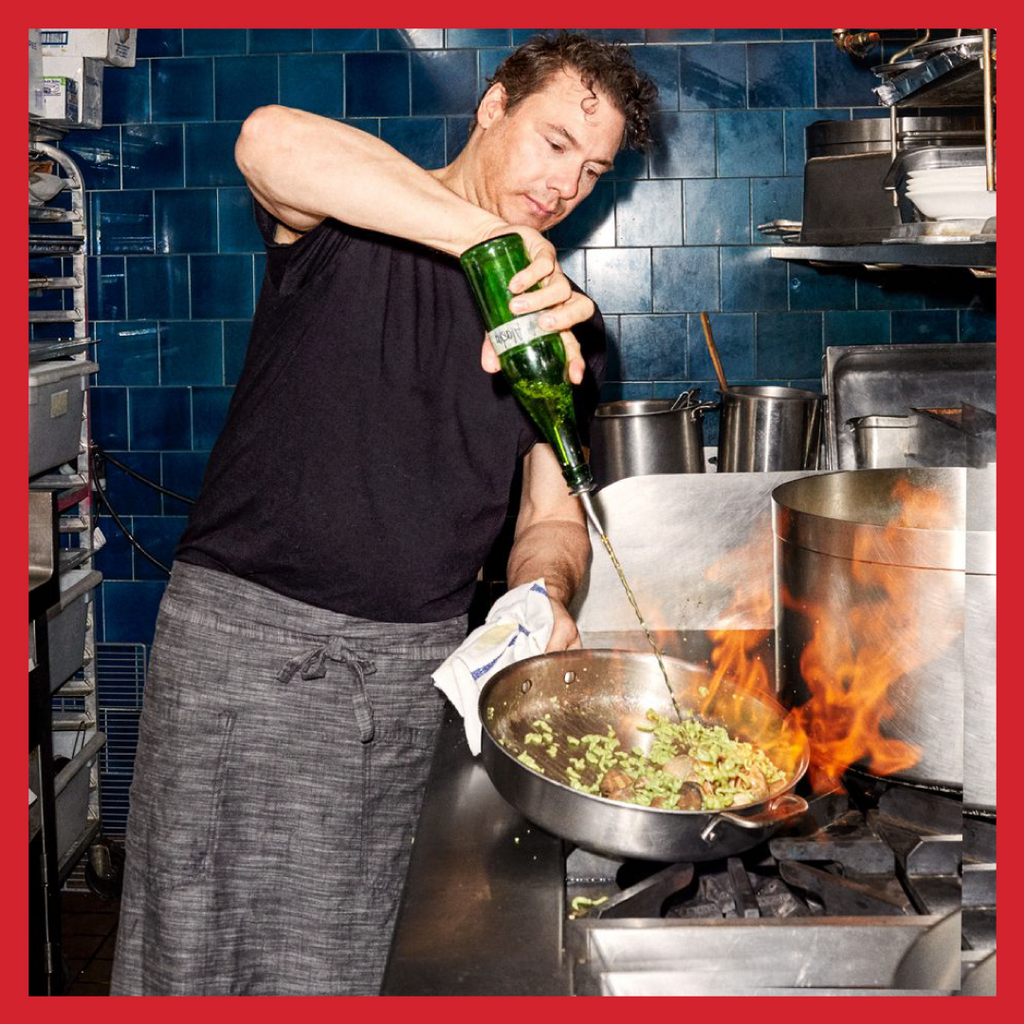
In my younger and more vulnerable years, while I was at culinary school in 2002, Rocco DiSpirito and his restaurant Union Pacific were a very, very big deal.
He wasnt the most famous chef in the world (though he was well on his way), but he was the chef that all the young cooks wanted to be. What he was doing was new, exciting, and too expensive for us to taste or understand.
I didnt read restaurant reviews back then, but I knew he was critically adored. He was just 36 and good-looking, and he personified the youthful dream of a career: success without a lifetime of backbreaking work.
Of course, I realize now that even a few years in this business can seem like a lifetime of backbreaking work, but Rocco made it all look so easy.
DiSpirito was born in Queens in 1966, started cooking professionally when he was a kid in the late 70s, graduated from culinary school while he was still mostly a kid in 1986, cooked in a bunch of restaurants until he wasnt really a kid anymore in the late 80s and early 90s, opened Union Pacific in 1997 and ran it for about six years before opening Roccos, a restaurant dedicated to his beloved mothers cooking, in 2002, and then closing both in 2004.
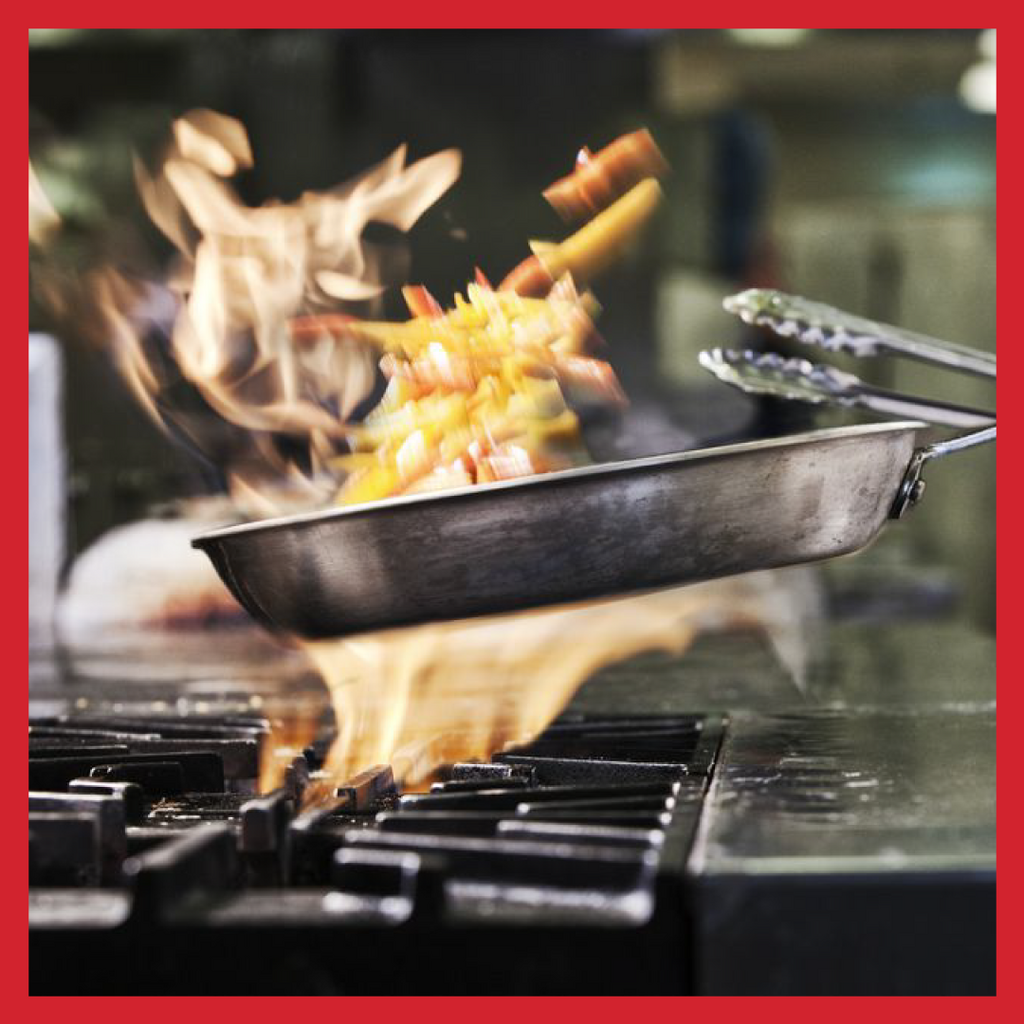
He was even the subject of a reality television show called The Restaurant, which was canceled when Roccos closed.
Since leaving the restaurant industry, DiSpirito has written more than a dozen cookbooks, appeared on tons of cooking shows, performed questionably on Dancing with the Stars, and at no point cooked in a professional restaurant kitchen to make a living.
Being a chef and running a restaurant is stressful-I can tell you that from experience. Trying to do it after having taken such a long hiatus to do things that many see as selling out is on another level altogether.
I didnt have a set plan; I just let the universe nudge me and respond to things that I like and dont like and see where it takes me, DiSpirito says. He goes on: And writing books and doing Dancing withthe Stars never killed anyone. Although my dancing may have killed some people who were watching.
There was more going on in his life than what the world saw. In 2004, the same year DiSpiritos restaurants and reality show ended, his mother, Nicolina, had a heart attack.
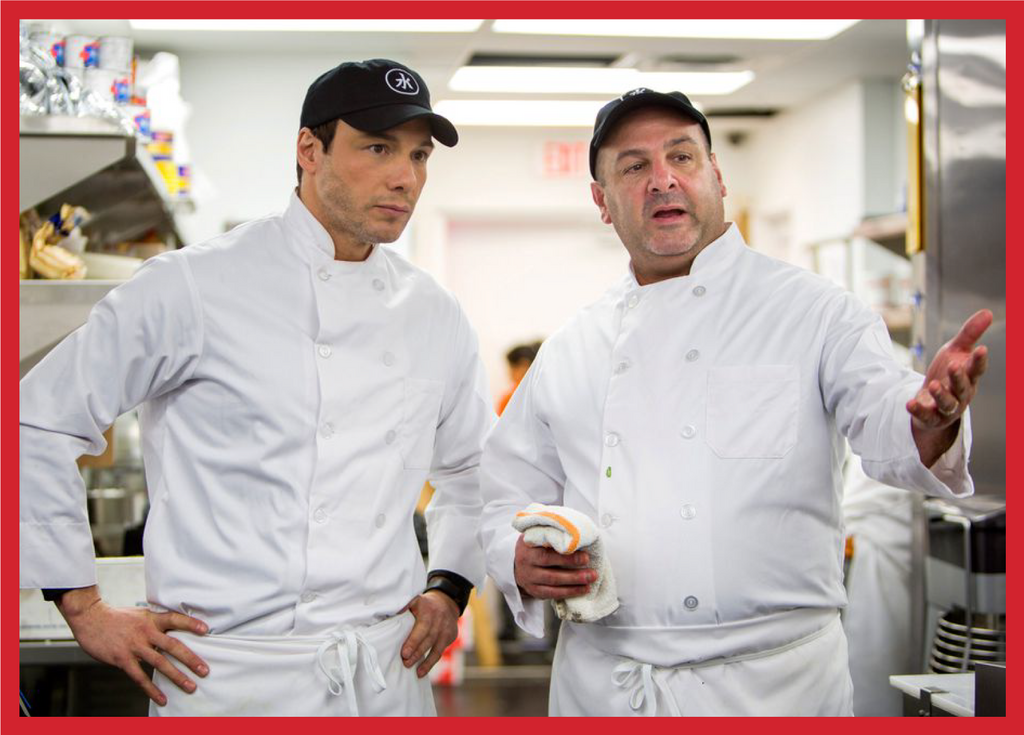
I felt like I needed to take care of her and make sure that she was comfortable. I went to her house every day and made sure she had all the care that she needed.
DiSpiritos mom lived in an apartment above the restaurant for nearly ten years, and he was her full-time caregiver. She died in front of me in the emergency room, DiSpirito says, recalling the doctors using AFib paddles to try to bring her back to life.
And in caring for his mother, he found a new passion: health. He entered triathlons and wrote cookbooks about healthy eating.
So now DiSpirito is back with a menu at the Standard that is virtually devoid of gluten and dairy and full of organic produce, yet it feels as fancy and indulgent as his food has ever been. To him, its a logical path.
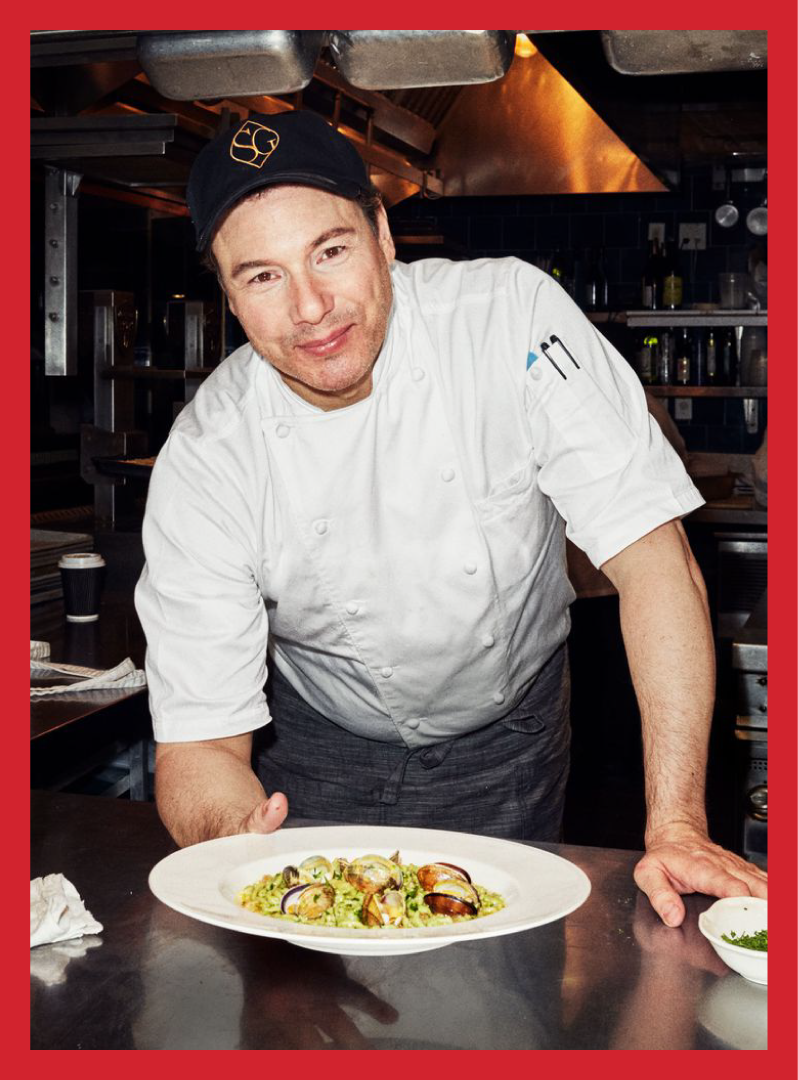
I think in a long career, you probably need a couple of breaks in order to come back and be as good as you were, DiSpirito says.
Its in that last part-as good as you were-that I begin to sense just a hint of something else that motivates him.
At lunch a few days later, I ask DiSpirito how he feels about the backward nature of his recent critical success. He says that when he opened Union Pacific, he just kept his head down and cooked his ass off.
But it wasnt enough-not to drive the kind of business that a Manhattan address demands to pay the rent, even back then. He was surrounded by people pushing him to market himself, to sell himself. So he did it, and it worked.
So why do they all resent you for it? I ask. Even recent (and glowing!) reviews of the Standard Grill have offered snide jabs at his more commercial past.
His response: I dont know. Do you?
I definitely dont. I understand the push. I think anyone, in any job, can. You dont have to be a chef to know the difference between satisfaction and success, the first being a feeling of wholeness you derive from your job and the second being a feeling of where you are in relation to where you think everyone else is.
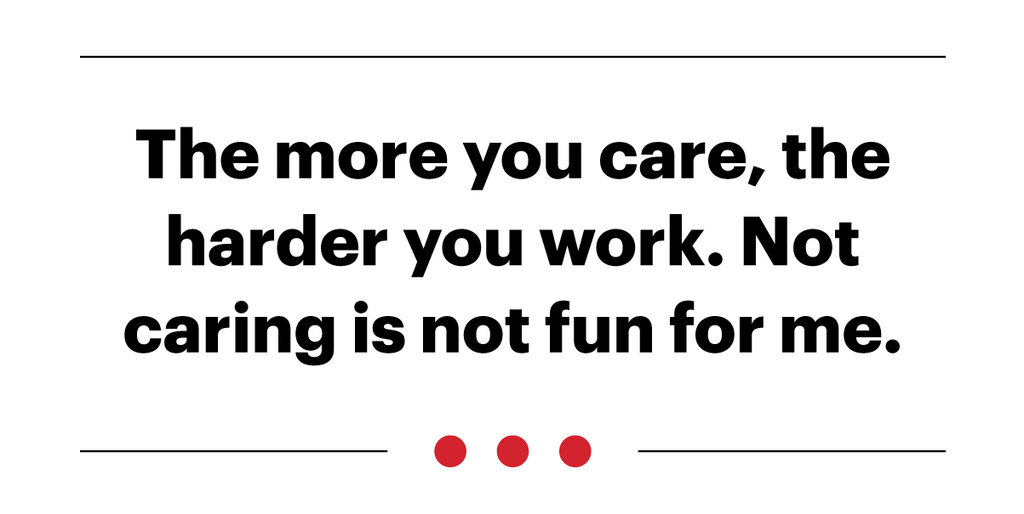
The first offers serenity. The second brings frustration, stress, or sheer mundanity in its pursuit. The difference for DiSpirito, it seems, is that hes always defined success as satisfaction.
He wrote healthy cookbooks because he says he genuinely felt he was helping improve the lives of others. He went on Dancing with the Stars because, get this, it was his moms favorite show. And he returned to the line nearly 15 years after he left because the opportunity felt right.
The more you care, the harder you work. Not caring is not fun for me, DiSpirito says.
Theres no reason to come back into this business and end up in a place where you dont care. I think some people are surprised by how much I care. I think they were just expecting me to phone it in. And I was like, No, thats not really how I do things. If you want me here, its going be 100 percent me and everything that comes with it.
Maybe the reason for the jabs is that people saw blind ambition driving him. Because thats what propels success, right? Except that, for DiSpirito at least, success is driven more by desire and obligation.
I ask whats next for him-since, you know, he always seems to have something else in the works.
Service tonight, he says. I just got started here, you know? This is next.
-Tyler Kord is the chef and owner of No. 7 Restaurant in New York City.

)
)
)
)
)